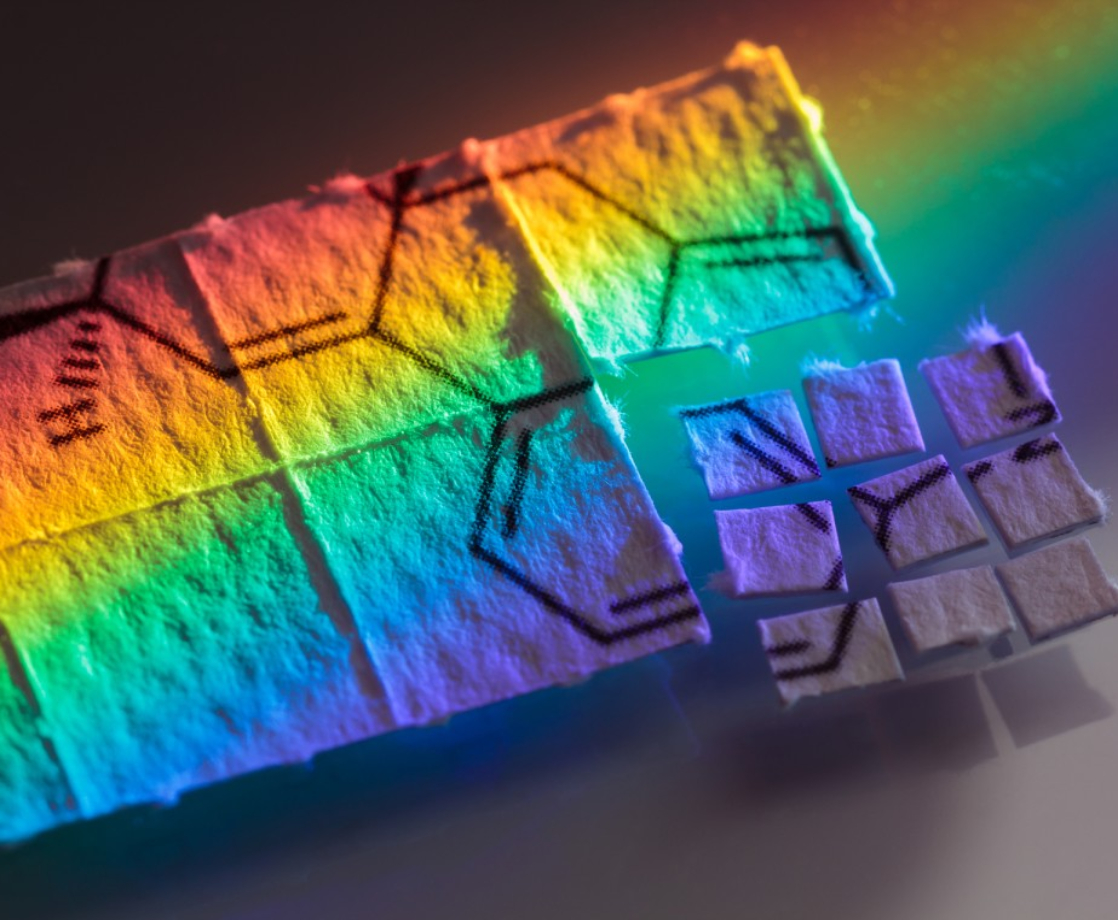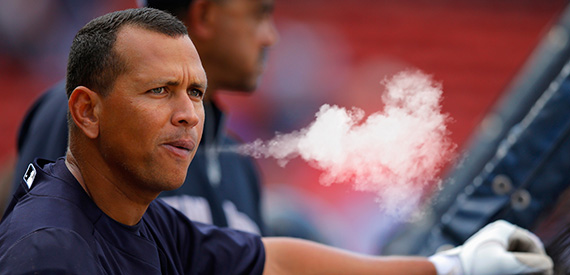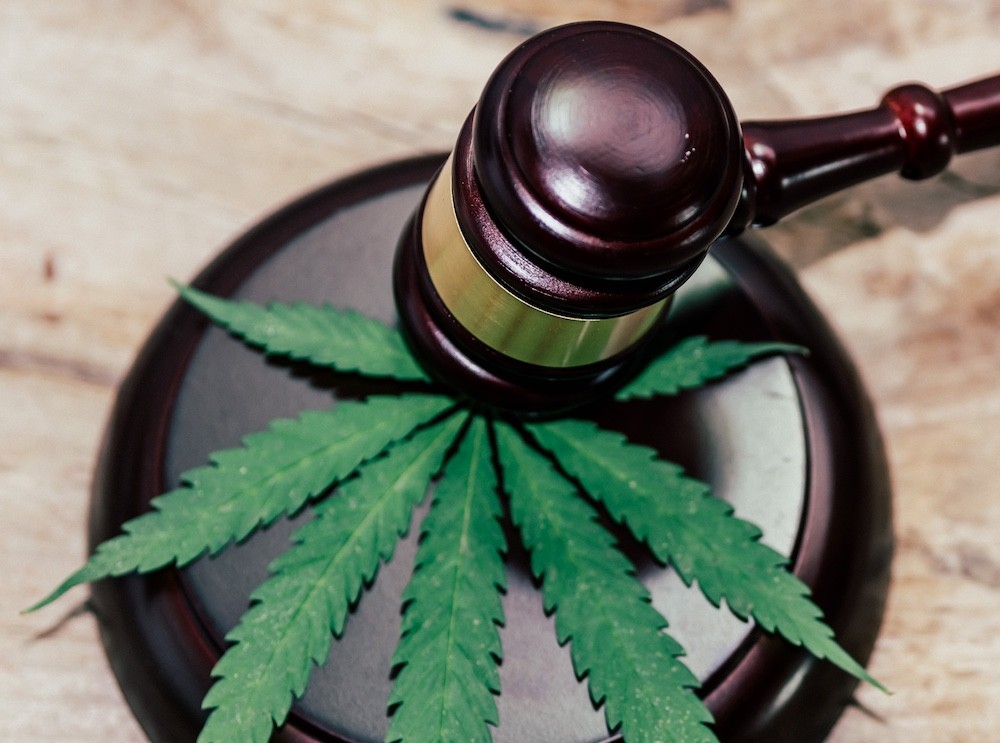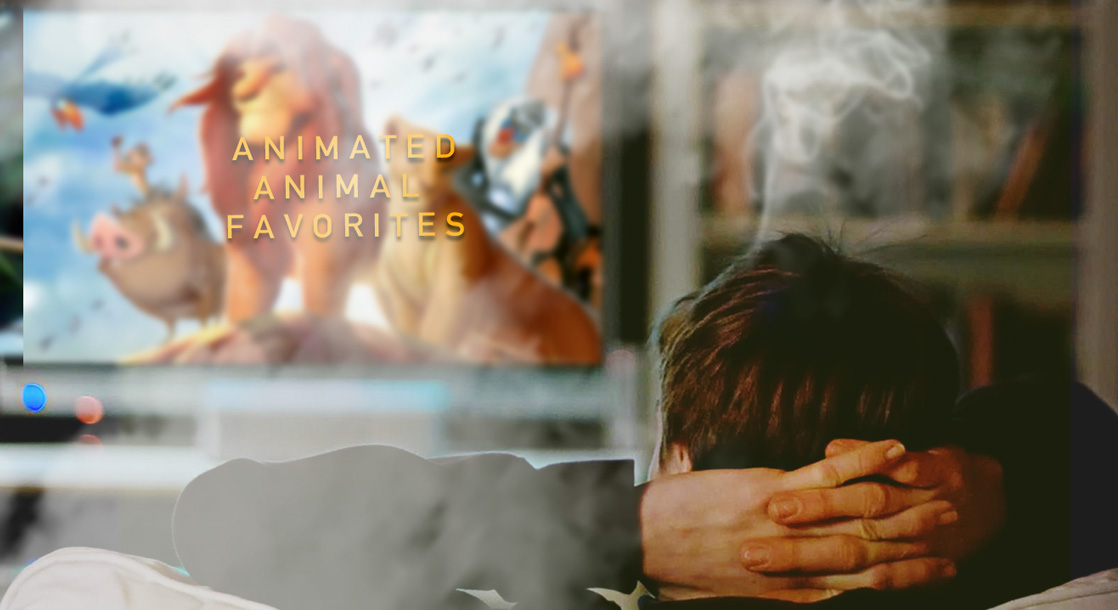A new German study published in Nature claims that LSD and psilocybin did absolutely nothing to prevent alcoholic subjects from drinking booze. But before the drug warriors latch onto this study as proof that psychedelic-assisted therapy is a sham, just know that this study only tested LSD and psilocybin in rats.
“In contrast to the primary hypothesis, psychedelics had no long-lasting effects on [alcohol relapse] in male and female rats, neither when administered in a high dosage regime that is comparable to the one used in clinical studies, nor in a chronic microdosing scheme,” the researchers wrote.
For those of you who aren’t fluent in geek, that means researchers initially thought LSD and psilocybin could stop the rats from getting drunk. Likely, they based that hypothesis on recent studies that showed humans could break their alcohol addictions with a little bit of psychedelics and a lot of talk therapy.
But after dosing up the rats and presenting them with booze, the scientists discovered that neither psilocybin nor LSD reduced alcohol consumption among the rats. “In conclusion, our results in the [alcohol deprivation effect] model do not support the hypothesis that microdosing or high doses of psychedelic reduce relapse behavior,” they wrote.
So, here’s the problem with their conclusion: The way it’s worded makes it sound as if psychedelic-assisted psychotherapy doesn’t work at all for preventing alcoholic relapse. But, they left out one key component to the therapy in regard to humans: People are not rats. Rats cannot undergo hours of talk therapy, which is required in psychedelic-assisted therapy.
Here’s how it works for humans. A patient signs up for psychedelic-assisted therapy. After an interview or two by the therapists, a patient receives approval if they qualify. The therapist and patient then establish a plan that outlines set goals for the patient, who then discusses their childhood, traumas, and current living situations. Then, they begin the dosing regimen.
Patients don’t usually undergo talk therapies while under the effects of the psychedelics; instead, they spend hours in a comfortable space, alone, thinking about why they’re hooked on alcohol and how it’s negatively impacting their life. After they come down from the trip, they resume talk sessions with the therapists to gauge their progress, then the process starts over until they either no longer qualify for alcoholism or they realize that psychedelics aren’t doing anything and they seek out a new form of treatment.
At the moment, psilocybin is being fast-tracked for FDA approval under the federal agency’s “breakthrough drug” program. LSD is primarily being studied in Switzerland (where it was invented — go figure) through a joint venture between Swiss doctors and an American psychedelics company.
The only thing that the German scientists demonstrated with their latest rodent study is that dosing oneself on psychedelics without the guidance of a licensed therapist probably won’t do much. Which we already knew.











